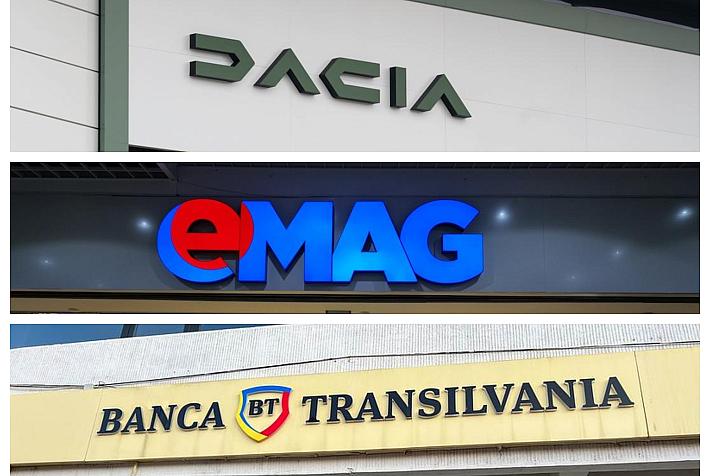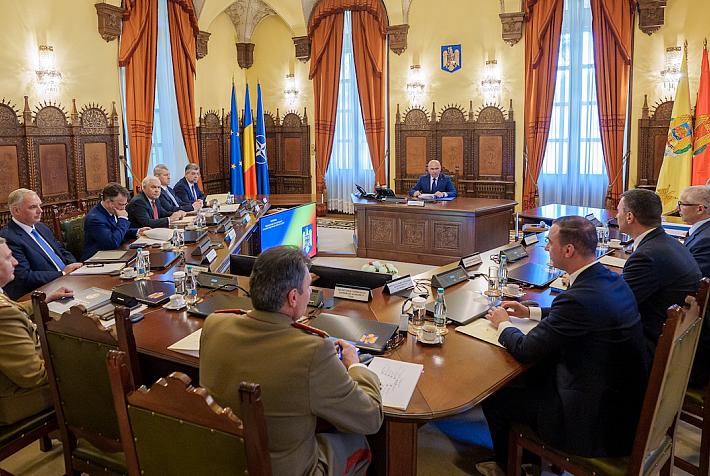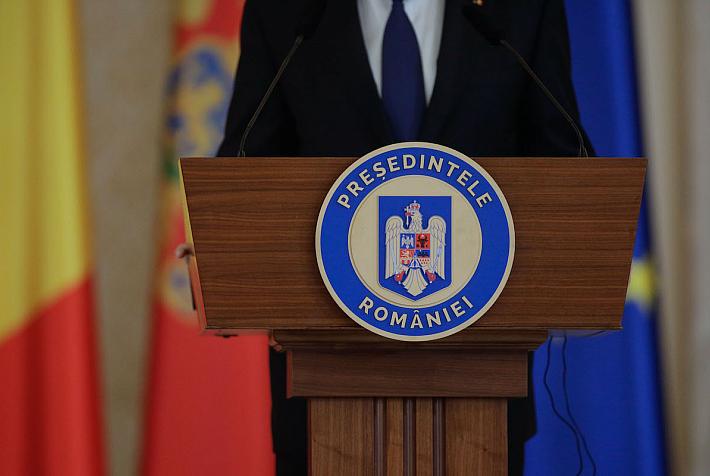One in two Romanians regift Christmas presents that they do not like

Roughly half of Romanians give the Christmas presents they’ve received and do not like to someone else as a gift, whereas only 11% of the Spanish, 17% of the French, and one in four Italians do the same. The shame or effort that comes with returning a gift is what makes regifting a common practice in Romania.
The finding is part of an Ipsos survey conducted in mid-November on around 10,000 consumers in a dozen countries on five continents.
What consumers choose to do if they receive a gift they don't like varies greatly from country to country. Most people will keep it anyway, especially in the Philippines (70%), Romania (49%), Italy (42%), Chile (41%), and Brazil (39%). Some countries will pass it on, especially Romania (49%), Singapore (45%), Great Britain (32%), and Australia (31%). Some will even sell it.
The holiday season finds Romanian consumers surrounded by anxiety and uncertainty caused by an apparently impending economic crisis, higher living costs, and an ongoing war close by. A third say that their holiday expenses will increase this year due to inflation. Nevertheless, Romanians eagerly await Christmas.
Nearly 90% of all respondents in the survey say that they feel stress due to the rising prices, and more than half say that they are more stressed than they were last year, during the pandemic. 62% of Romanians say that inflation will influence their Christmas shopping, higher than the 47% of global respondents who say the same. Romanians are, in fact, more stressed about rising prices than respondents in Italy, France, the UK, Germany, US, or Brazil.
To counter rising prices, over half of Romanians say that they will look for promotions and the lowest prices.
Of the 12 countries surveyed, 23% of citizens say they plan to buy more from brick-and-mortar stores, compared to 17% who plan to make their purchases online. Romania keeps the same proportions, but the biggest increase in the intention to return to stores is recorded among buyers aged between 25-34.
“We are a Latin people, gregarious, sensorial, and deprived in the last two years of the holiday rush and fatigue of shopping that, although we criticize, we cannot do without,” says Alina Stepan, CEO of Ipsos Romania, in the press release.
Gifts such as experiences (tickets to events, courses, etc.), electronic products, books, and toys, among others, are more likely to be bought online by Romanians. At the same time, food and beverages, clothing and footwear, or jewelry are bought in greater proportion in brick-and-mortar stores.
This year, Romanians will likely receive as gifts clothes, footwear, and jewelry (56%), personal care products and perfume (35%), or home gifts (33%).
(Photo source: Serezniy | Dreamstime.com)












